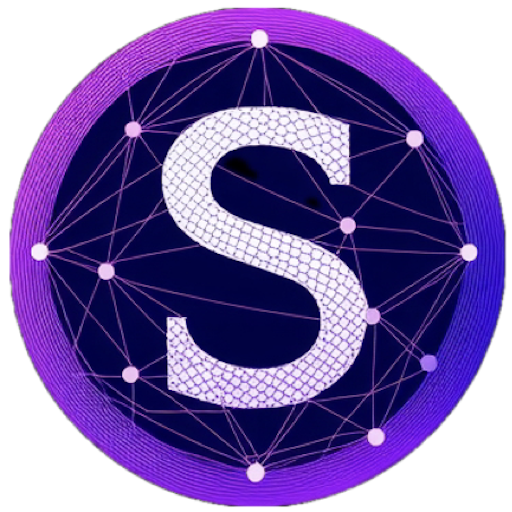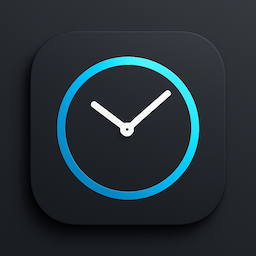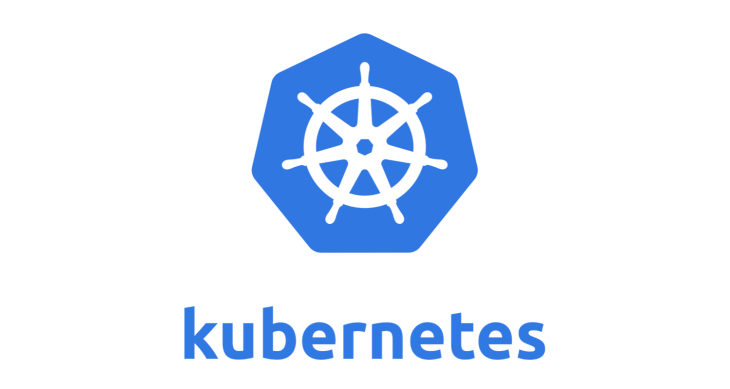Introduction
DevOps is now the cornerstone of efficient software delivery in today’s rapidly evolving tech landscape. However, much of the work is repetitive and can consume valuable time and resources. Enter Artificial Intelligence (AI), a transformative force poised to revolutionise DevOps workflows by automating boilerplate tasks, improving efficiency, and reducing errors. This post explores how AI can streamline DevOps processes within the modern organisation.
What is DevOps again?
DevOps, at its core, revolves around breaking down silos between development and operations teams. It fosters collaboration by encouraging Devs and Ops to work together closely, share responsibilities, and build empathy for each other’s pain points. This synergy drives innovation and enables the creation of solutions to tackle the evolving challenges of modern software delivery.
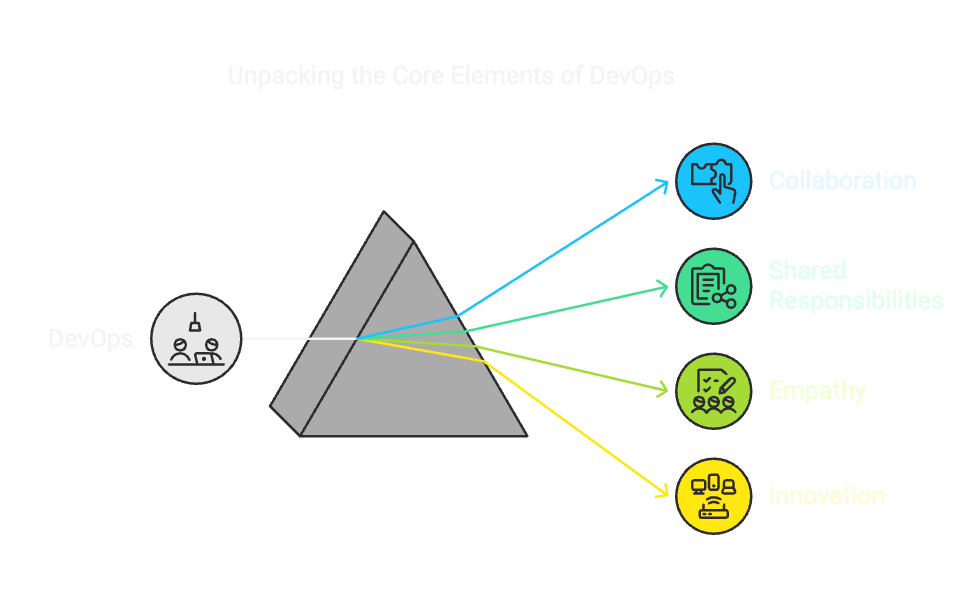
Why AI Matters for DevOps
AI has the potential to transform how DevOps teams operate by taking on the repetitive, manual tasks that often slow down project timelines. By handling pipeline setup, configuration management, and system monitoring, AI can redirect teams’ focus toward more strategic, high-value activities that drive innovation. By reducing the need for constant manual intervention, AI creates a more efficient and scalable DevOps environment that can adapt as project requirements evolve.
Consistency is another critical advantage that AI brings to DevOps workflows. AI-driven templates and scripts help ensure that configuration and deployment processes follow established best practices, reducing the risk of errors, misconfigurations, or deviations from standard protocols. As a result, teams experience fewer outages, smoother rollouts, and greater overall reliability, contributing to stronger long-term operational health.
AI also accelerates deployment cycles by identifying and addressing issues earlier in development. By continuously analysing data from previous deployments, AI can predict potential bottlenecks and recommend improvements before they impact timelines. This speeds up releases and enhances quality by reducing the likelihood of post-deployment fixes, enabling DevOps teams to deliver faster without compromising on performance or stability.
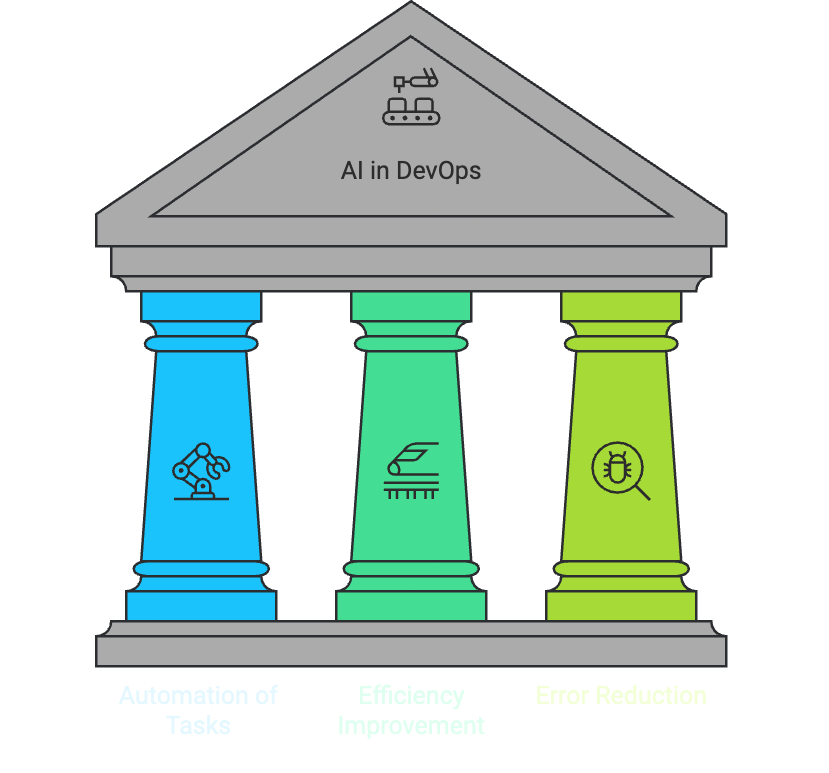
Real-World Applications
GitLab Duo in Action
In my day job, I’ve been delving deeply into AI’s transformative potential in DevOps. At work, we decided to capitalise on our extensive experience with GitLab by initiating an extended trial of GitLab Duo AI Tools, aiming to explore its full capabilities over an extended trial period of 12 months.
While this trial has just started, initial feedback is extremely positive, especially in DevOps, where much of the work revolves around tools like Terraform, Ansible, and other configuration management-type platforms. These tools, alongside GitLab, rely heavily on YAML and Kubernetes configurations. AI’s strong capabilities in YAML, Python, and similar languages have significantly accelerated DevOps delivery with no specialised training. AI reduces the need to remember intricate syntax details and helps explain the reasoning behind specific configurations, making AI a productivity enhancer and a valuable learning and training resource.
GitLab Duo’s AI-driven recommendations act as a guide, offering examples and templates that speed up project kick-offs and ongoing tasks. This is a powerful educational tool for junior engineers, reinforcing best practices and helping them to learn by doing. For seasoned engineers, it accelerates delivery by offloading repetitive work, allowing them to focus on more complex and innovative aspects of DevOps. Asking AI is like being able to swivel your chair and chat with that senior engineer any time of the day or night. In some ways, it’s incredible, but it’s also scary, but that’s a topic for another blog post.
GitLab Duo extends beyond simple code completion, offering features like pipeline troubleshooting and vulnerability explanations. These capabilities provide immediate, actionable insights during pipeline execution, allowing engineers to diagnose and resolve issues faster. By automating this workflow aspect, GitLab Duo minimises downtime and accelerates delivery cycles. Even if you’re unfamiliar with GitLab and its runner setup, Duo helps bridge that gap and provides value in the pipeline troubleshooting space.
Our early exploration into these features has already revealed promising results, and we anticipate sharing deeper insights in future posts as we continue to unlock more of its potential.
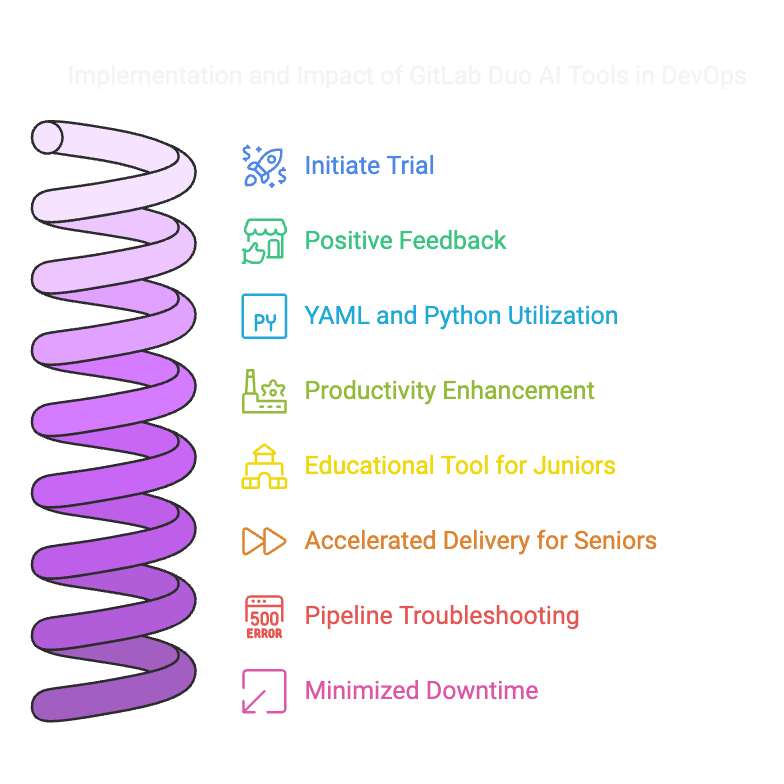
ChatGPT for Personal Projects
In my personal life, I’ve been experimenting with ChatGPT for DevOps-related projects. Its flexibility in drafting Python scripts, generating Kubernetes manifests, and assisting with container orchestration has proven invaluable. The ability to prompt ChatGPT to create, modify, or troubleshoot configurations has enabled me to complete tasks much faster than manually researching or recalling specifics.
Beyond pure code generation, ChatGPT has also been useful for explaining the intricacies of various configurations, making it a highly effective teaching aid. This hands-on, iterative learning has allowed me to expand my skillset while working on personal projects, translating directly into more efficiency in my professional role.
Conclusion
AI in the DevOps world represents a significant opportunity to reduce boilerplate work, increase consistency, and streamline DevOps workflows. Tools like GitLab Duo AI, ChatGPT, and Canvas serve as practical examples of how this transformation is already taking shape. By embracing AI, DevOps practitioners can shift their focus from repetitive tasks to the creative, high-value aspects of software delivery, ultimately driving better outcomes for their organisations.
